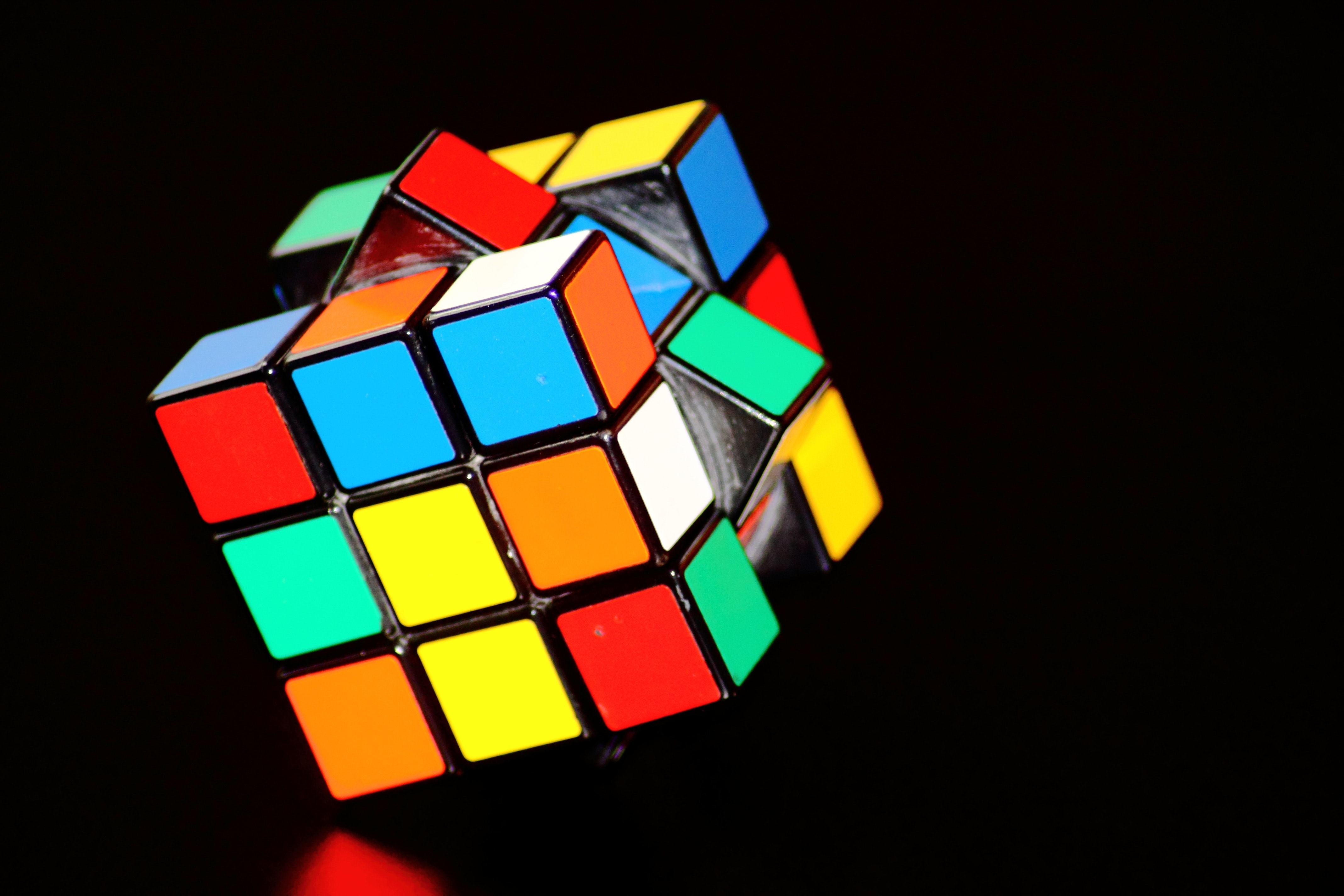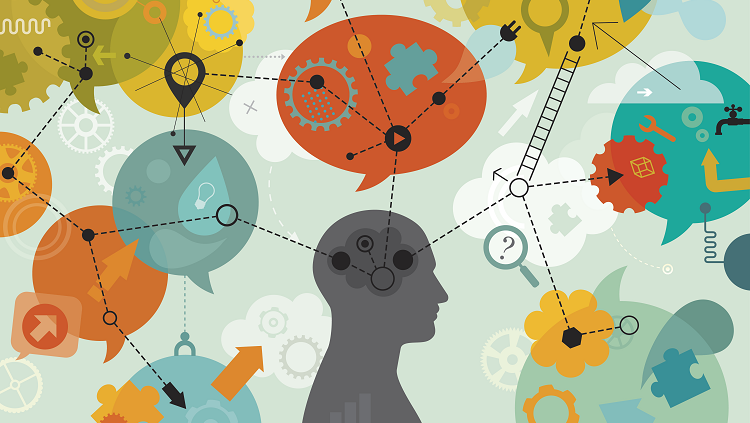Do you feel like you forget everything? Well I do! Leave me in charge of boiling an egg or checking the stew on fire and once I get the slightest distraction you can kiss your meal goodbye. It was very frustrating to send me to buy something for you as a child because I’d invariably forget an item on the list, or even worse, forget the money at home. I forgot my homework, forgot to pack trousers to church camp, and even now forget to pack my sponge and toothbrush whenever I’m traveling. The worst thing though? Forgetting birthdays. That is quite possibly the biggest tragedy on earth to some people. On the other hand, I had almost perfect memory for school work, a photographic memory to boot. I never understood it! If I could remember my notes, why couldn’t I remember everything else? Well, let’s get a bit into the workings of memory shall we?
What is memory and how are memories formed?
Memory refers to the series of complex processes that are used to acquire, store, retain, and retrieve information. There are three process involved, namely encoding, storage and retrieval.
Encoding is the first process in the formation of memories. When we perceive things, our brains convert them into a format it can understand, so they can be stored and possibly be used later. The idea is similar to changing money into a different currency when you travel to another country. Information can be encoded visually, acoustically or semantically. Visual encoding is what people with photographic memories employ. Acoustic encoding is you using sound to remember, often what most people do when they are asked to remember a telephone number immediately. Semantic encoding is often employed when we want to remember things long term. We attach meaning to them and this helps these memories last longer.
Storage is the next process. After converting information, the brain stores it in ways ranging from very temporary to quite permanent. This will be explained a bit further when we talk about the stage model of memory.
Retrievalis the process that allows stored memories to be brought into conscious awareness. Much of the memory we actually use is outside of our current awareness, so effective retrieval is very key.
What are the stages of memory?
There are different models of describing the structure and function of memory, but more often than not the stage model of memory is used. This theory posits that there are three separate stages of memory: sensory memory, short-term memory, and long-term memory.
- Sensory Memory
Sensory memory is the earliest memory stage. When information reaches our brains at this stage, it is stored for an extremely brief period of time, generally for no longer than a half-second for visual information and 3 or 4 seconds for auditory information. This is the stage of memory we are at when takings things in in passing. With this information however, our brains pick and choose what to attend to based on what we deem important at the time, and this allows some of this information to pass into the next stage, which is the short-term memory stage.
This is also known as active memory. It refers to the stage of memory that has information we are aware of or thinking about at that moment. In Freudian psychology it is called the conscious mind. When more attention is given to sensory memories, information begins to build and form in short-term memory. This information will most likely be stored for approximately 20 to 30 seconds. In turn, when we focus on short term memory, we allow the information there to pass on to the next stage – long term memory.
Long-term memory, as the name suggests, is where our lasting memories reside. In Freudian psychology, it would be called the preconscious and unconscious. Some of this information is easy to retrieve, others are stuck deep down in the recesses of our memory, for various reasons including trauma and generally having greater priorities as life goes on. This information is largely outside of our awareness but can be called into working memory to be used when needed. Some of this information is fairly easy to recall, while other memories are much more difficult to access.
How can you improve your memory?
Here are a few techniques you can use to improve your memory.
- Intentionally focusing your attention on something you want to remember and removing all forms of distraction (like noise when studying) is a great start.
- If you are a student, research has shown that cramming information last minute is not an effective way to improve memory. Studying over a period of time helps you retain information better.
- Organizing information into groups is also an effective way of improving memory. Your brain already does this through a process called clustering. Grouping similar concepts or themes together and placing them mentally in one ‘container’ is a great way to remember things.
- Elaborate rehearsal is also an effective way to improve memory. This involves repeating information out loud to one’s self over and over, or going over the information visually over and over. This helps you encode what you are studying into long-term memory.


